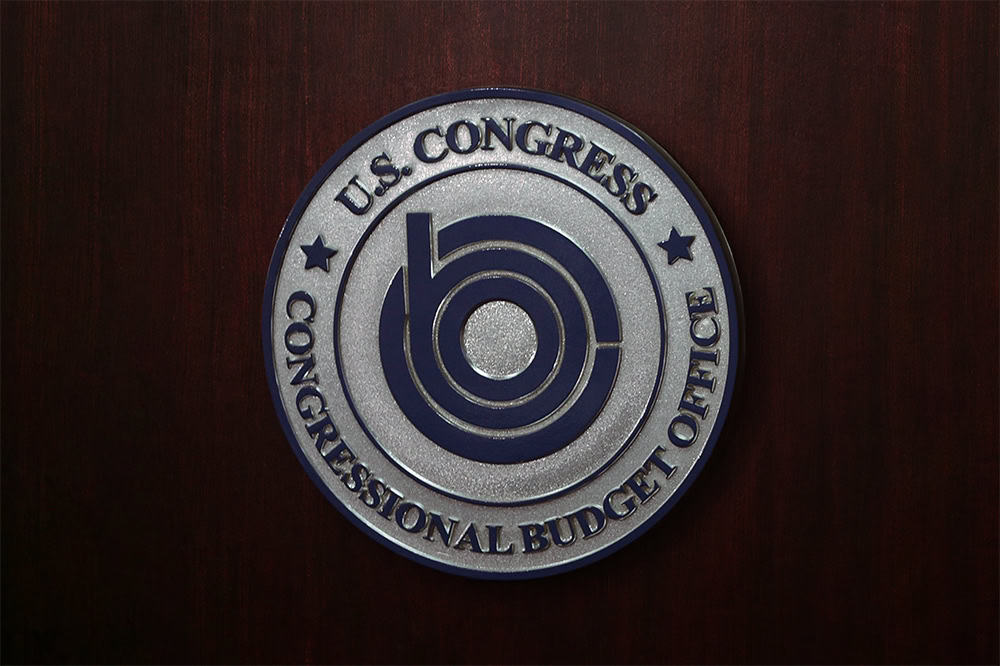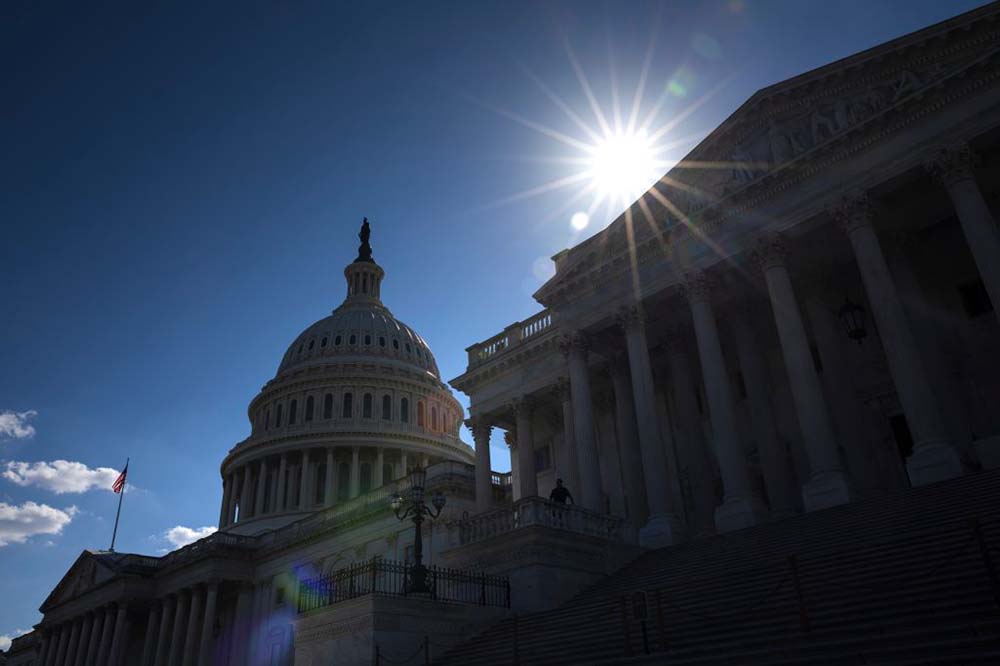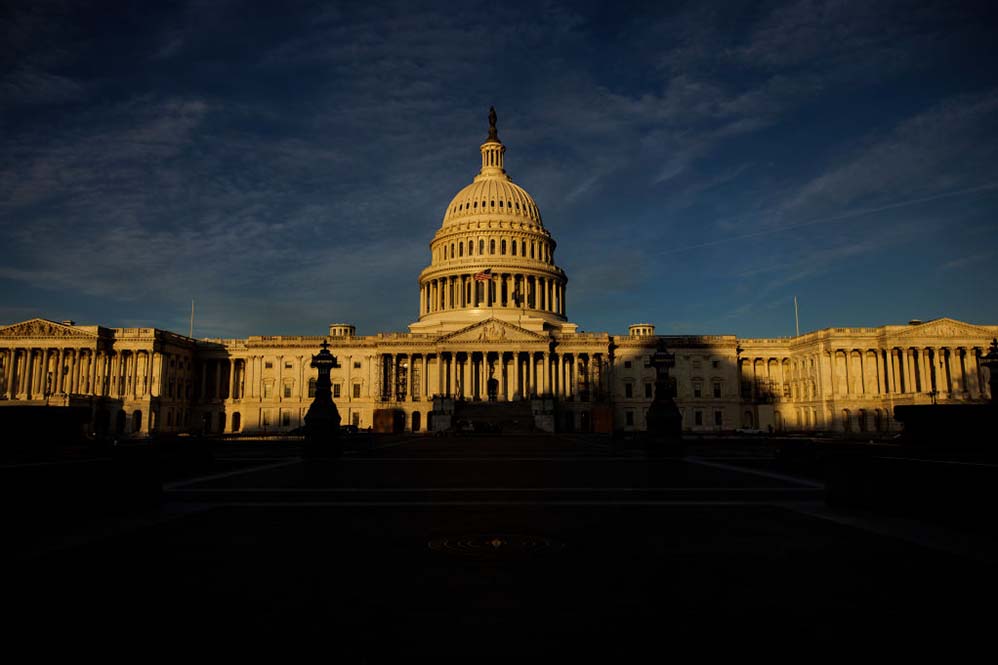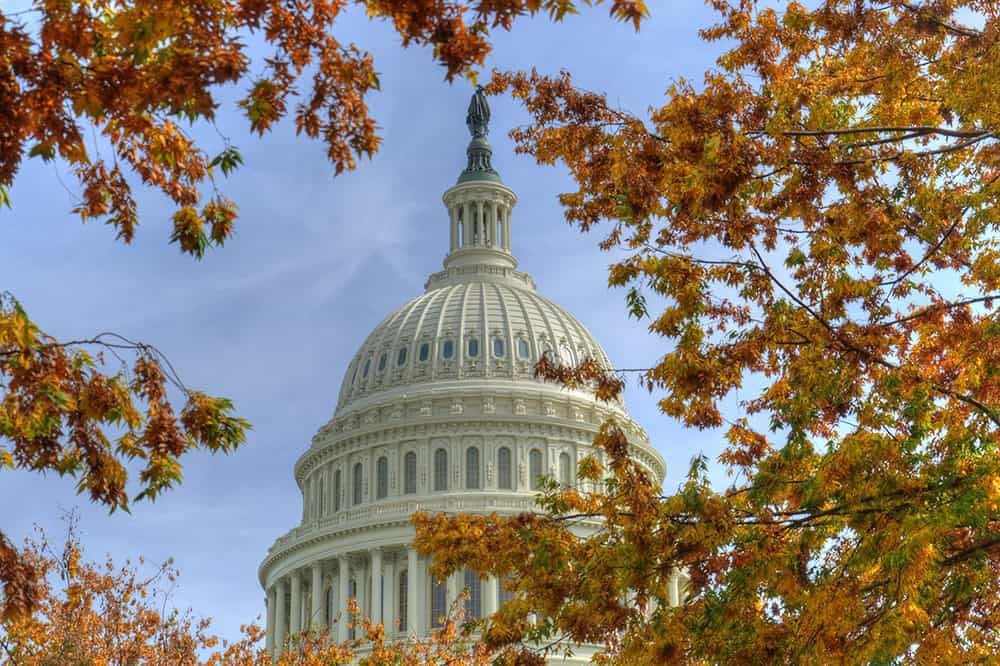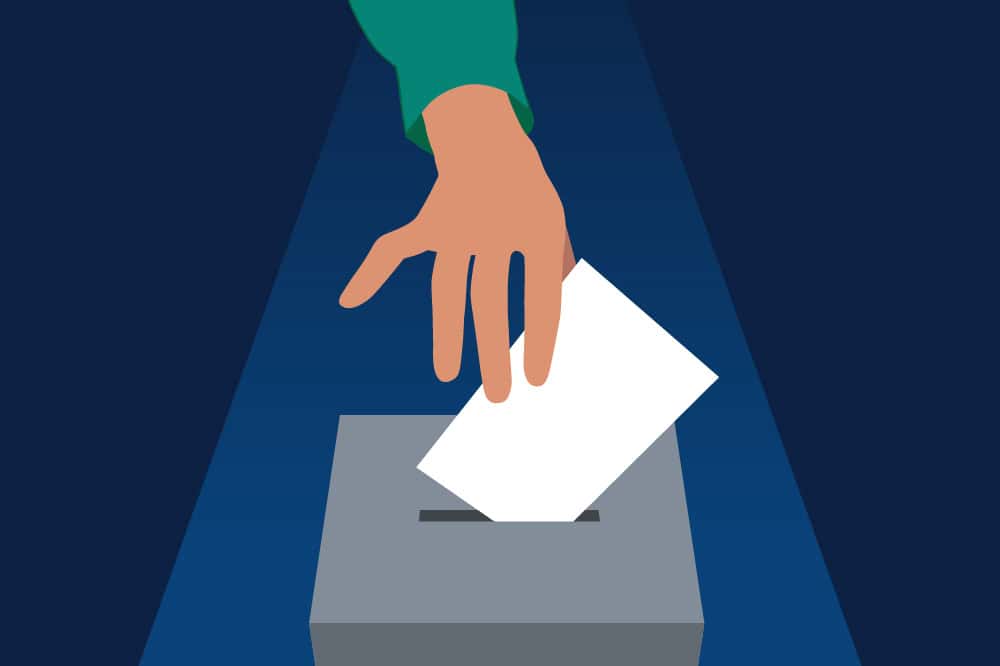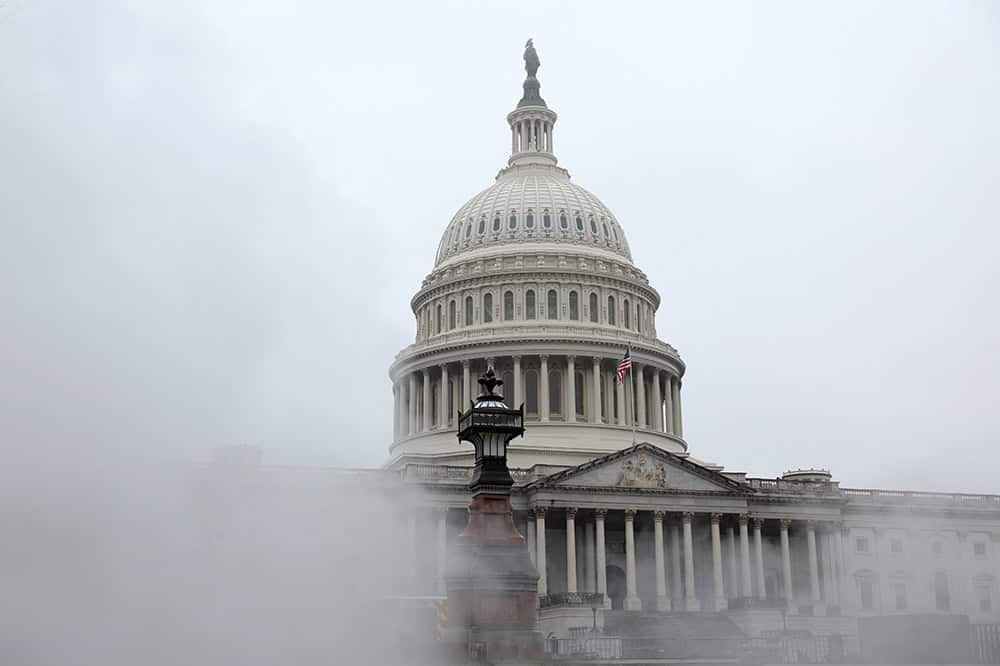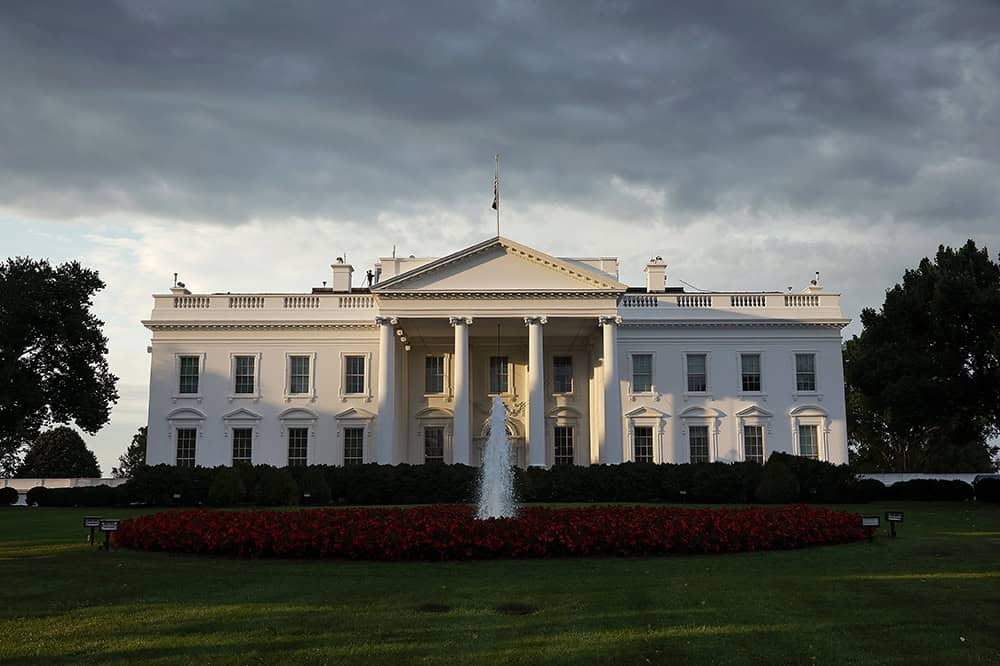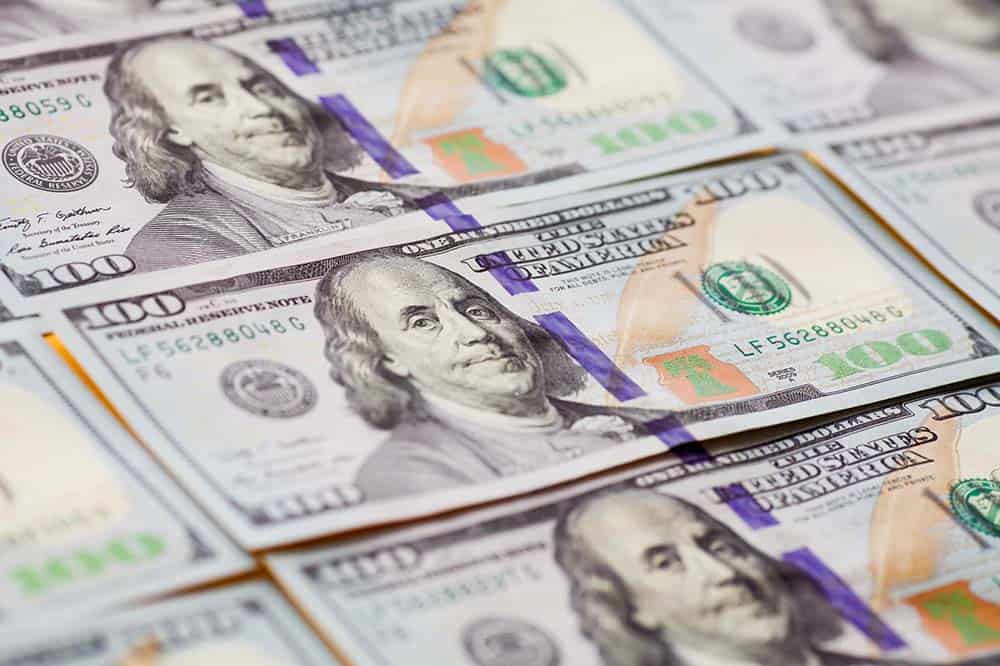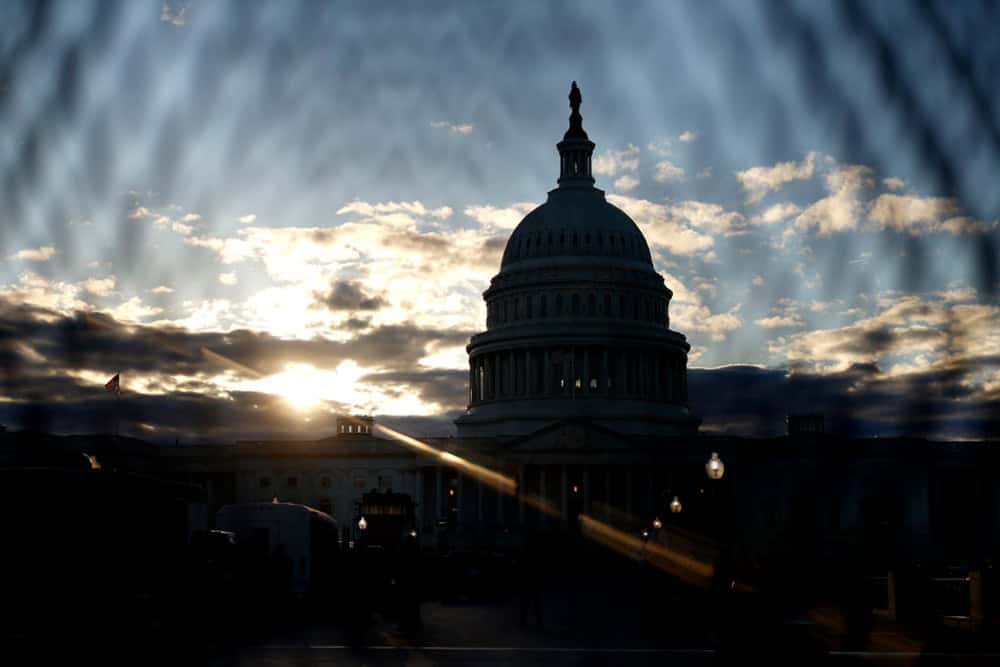National Debt on Track to Reach Record High in Just Four Years
CBO’s latest projections come at a key time, as lawmakers will be faced with a range of critical fiscal decision points in the coming year. Here are seven takeaways from the report.
Read More76 Options for Reducing the Deficit
The nonpartisan Congressional Budget Office released 76 policy options — spanning both revenues and spending — that could help bring the country’s rising debt under control.
Read More7 Charts that Show How the Nation’s Fiscal Outlook Worsened in 2024
The end of 2024 marks another year that the country has failed to improve its daunting fiscal outlook.
Read MoreThe U.S. Just Had Its Highest Deficit Outside of Major War or Recession
One of the reasons to restrain debt and maintain a sustainable fiscal outlook is that emergencies arise that may necessitate federal support.
Read MoreThe U.S. Nearly Had a $2 Trillion Deficit Again
Despite a healthy economy driving revenues higher, the underlying deficit nearly reached $2 trillion for the second year in a row.
Read MoreNational Debt a Critical Election Issue for Swing State Voters
More than 9-in-10 voters across seven key states say it’s important for candidates to have a plan for the debt.
Read MoreWhy Have Federal Deficits Soared Over the Past Two Decades?
The widening budget deficit is attributable to both a decline in revenues and an increase in spending.
Read MoreThe White House Now Expects $2 Trillion Deficits by the End of the Decade
A set of new budget estimates reveals that even if the President’s budget were implemented in full, debt would still exceed its all-time high by the end of the decade.
Read MoreComprehensive Plans to Address the National Debt
Policy leaders and experts across the political spectrum have proposed a number of comprehensive plans to reduce America’s long-term debt.
Read MoreThe Nation’s Fiscal Outlook Just Got Worse — Here’s Why
The CBO updated its budget and economic projections, which now show that federal deficits are projected to be $2.1 trillion higher over the next decade than the agency projected just a few months ago.
Read More